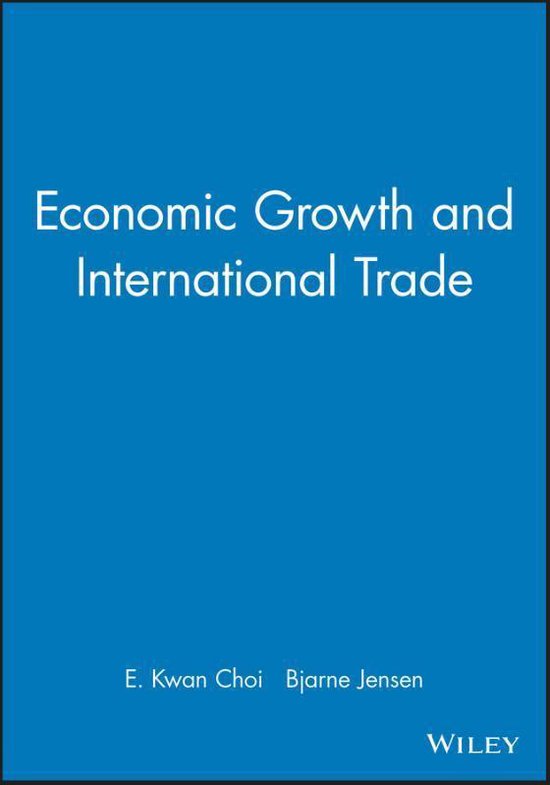This book presents new research on combining the theory of economic growth with the theory of international trade and international factor movements. As growth theory, it studies the behaviour of fundamental dynamic models (deterministic, stochastic) of trading economies.
This book presents new research on combining the theory of economic growth with the theory of international trade and international factor movements. As growth theory, it studies the behavior of fundamental dynamic models (deterministic, stochastic) of trading economies. As trade theory, it is concerned with gains from trade and dynamic welfare implications of regulations and strategic trade policy. It exhibits a dynamic general equilibrium of a small open economy, which is not only gainful but also deterministically chaotic. It demonstrates that skilled worker migration and welfare gains of the home country need not be mutually exclusive. The celebrated Balassa-Samuelson hypothesis is contrasted with the experience of many fast-growing Asian countries. An extended model with endogenous productivity growth in the distribution service sector is analyzed. The crucial role played by well-informed intermediaries in a world of imperfectly-informed agents is examined for the trade relations between China, Hong Kong and the rest of the world.
